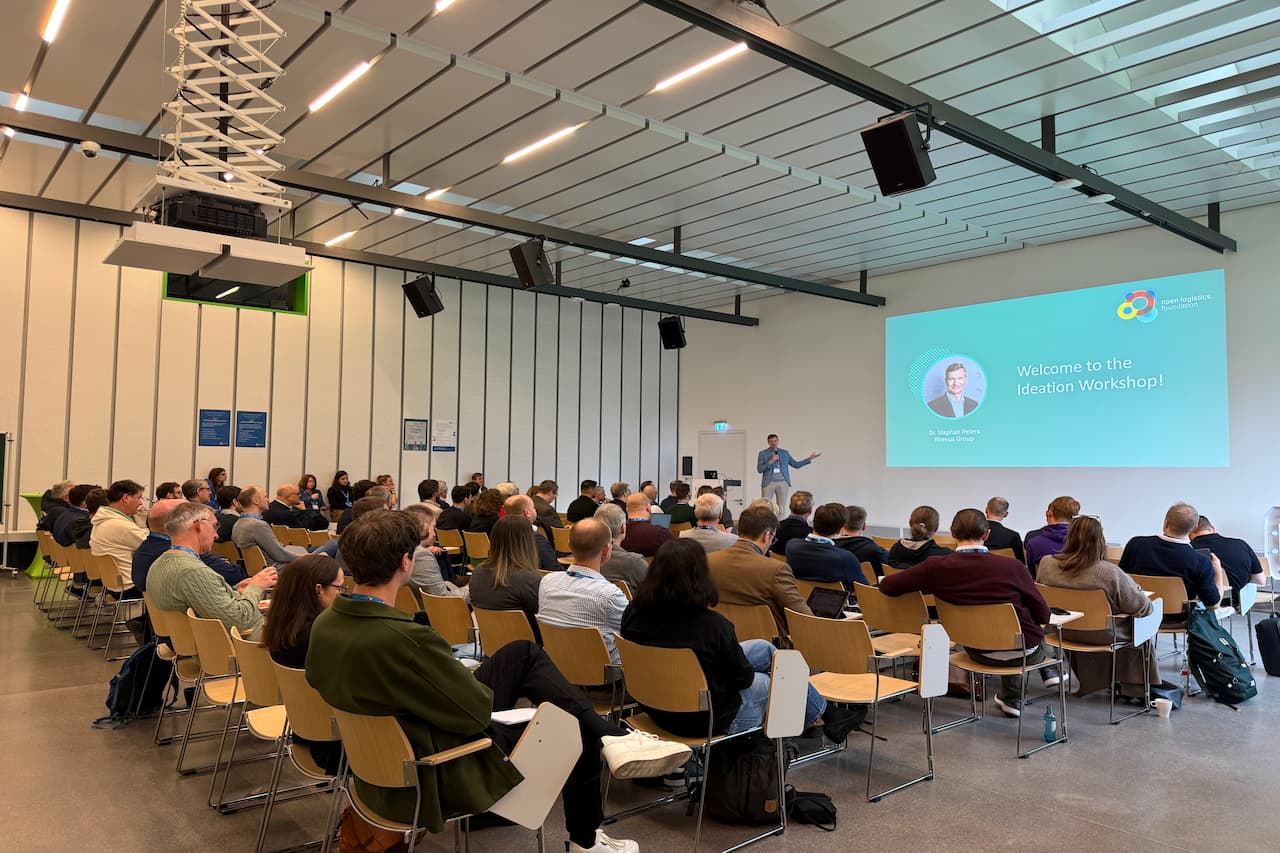In an industry where efficiency is everything, poor time slot coordination can cause of ripple effect across the entire supply chain. At transshipment points, these delays waste time, drive up costs, increase emissions, and frustrate drivers. Yet, time slot management remains fragmented, with incompatible systems disrupting day-to-day operations.
With the newest Open Logistics Foundation project, this will all change. Time slot management is the latest topic that member companies are taking on together. This new project, situated within the existing Working Group Track & Trace, is being co-led by Gerry Daalhuisen, Senior Director Dock & Yard/Fleet Products at Transporeon, and Nathalie Böhning, Project Manager at the Open Logistics Foundation.
Why Time Slot Management needs a rethink
Those who work as logistics service providers know the challenge of booking time slots through fragmented, proprietary systems all too well. One carrier might work with a retailer using System A, while the next customer requires interaction via System B. With no interoperability between them.
“The demand for open standards is huge, explains Daalhuisen. “At present, logistics service providers often have to work with several different time slot systems in parallel.”
The result? In addition to more manual effort and higher operating costs, there is also reduced planning flexibility and often long queues or missed appointments in cases of unexpected delays.
There is currently a lack of end-to-end, vendor-independent standards for managing time slots. Many companies, both suppliers and recipients, work with proprietary isolated solutions that can’t adapt or communicate with one another.
This new project aims to change that by developing a standardised Time Slot Data Model that:
- Defines interoperable communication protocols
- Implements intelligent negotiation logics
For instance, if a truck is running late, the system could automatically reassign slots or notify affected parties, minimising disruptions without manual rebooking or costly delays.
“With this project, we want to resolve this fragmentation and create a system that functions flexibly and interoperably,” Daalhuisen said.
Open source as the enabler
This project is all about defining a shared, open standard that existing and future systems can work with, no matter the vendor.
The Open Logistics Foundation fits into this puzzle by driving the development of open, interoperable frameworks that digitalise, simplify, and processes at transshipment points. In this case, that means bringing together 24 companies from across the logistics ecosystem to collaboratively design a common solution.
Unlike proprietary scheduling platforms, an open source approach enables equal participation from all market players, big or small. Through this, we do not replace existing tools but rather make them interoperable.
As Böhning puts it, “The introduction of an open standard for time slot management is an important step towards improving collaboration in logistics and enabling a shared, free solution for all market participants.”
The results from this project work will be made available as an open source solution via the Open Logistics Repository.
“We are thus creating a logical extension of our Track & Trace model, since time slot management is an essential component of transparent supply chains. Everyone is welcome to join the Open Logistics Foundation and actively contribute to the solution.”
As it currently stands, these are the participants of the Time Slot Management project group:
Blue Yonder, Business Code, Cargoledger, CargoSign, Collect + Go, Contargo, DB Schenker, dbh Logistics, DSLV, Gebrüder Weiss, GS1, Interface21, iteratec, LKW Walter, Logistics Cloud, Markant, Maven, Rhenus, Sitra, Tradelink, Trans.eu, Translogica, Transporeon, Zekju





